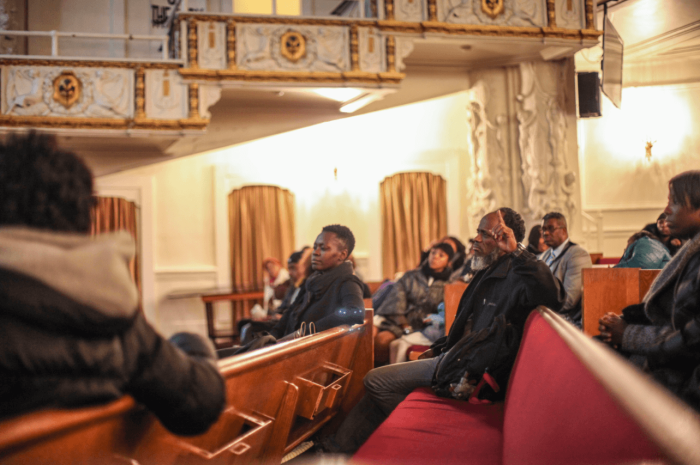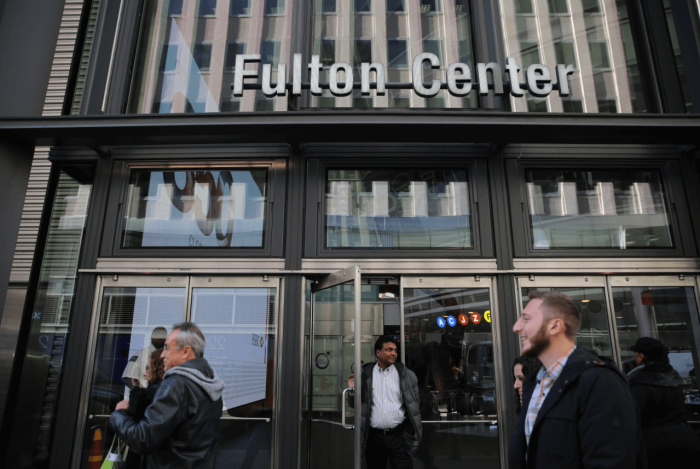Vegan ice cream, gluten free bread and homemade salsas could be the boost that New York City’s manufacturing has been looking for.
Although the overall manufacturing market has plunged over the last decade, the specialty food market, propelled by the “hipster economy,” has grown 27 percent over the past five years, and paying their small number of employees better than minimum wage, according to a recent report by Evergreen and the Pratt Center for Community Developmentthat was funded by the New York Community Trust. The study found that many of these companies were started by young entrepreneurs — who did not have a food background — during the recession. The businesses are now reaching the critical three-to-five year mark, and need more help growing their companies and incentives to stay in the Big Apple. A 200-square foot kitchen at theOrganic Food Incubator in Long Island City pumps out 70 gallons of Alchemy Creameryvegan ice cream a week. The company, started by three college friends who studied acting together at the University of Connecticut, officially launched in March 2012. Two months later, in what co-owner J.D. Gross describes as a “shotgun wedding,” they were selling their ice cream — both traditional and dairy-free options at Smorgasburg. “The market spoke — the vegan ice cream sold better,” Gross said. Since then, they’ve hired six seasonal employees they pay just above minimum wage, started selling pints at neighborhood stores and are planning West Coast distribution. When asked where they’d like to be in a year, Giuseppe Maione, co-founder and chef, said they’d like to have a store in a state where it’s warm all year, with low operational costs. Karen Freer, who also works out of the Queens incubator, started her gluten-free bread business, Free Bread, three years ago after raising $13,000 on IndieGogo and a family loan. She now has 11 employees and sells her bread at at restaurants such as Le Bernardin. “I hit it at the right time,” Freer said. “I wasn’t after the market; I started making bread and never stopped.”
Freer said her operation is still very “scrappy,” and she is looking for the city for support for her to grow her business.
“The city would help manufacturers by providing us some sort of reason to stay, either through subsidized rent, or an area of town just zoned, or help on insurance if you employ a certain amount of people,” Freer said. “[This business] has given me an incredible amount of joy, despite all of the pitfalls and being poor.” “This is when everybody starts to hit challenges,” said Caitlin Dourmashkin, co-author of the Evergreen report anddirector of planning and community development at the agency.“The city needs to do more to protect manufacturing and ensure there is space for these businesses to grow … and maintaining the commitment that you can start a business in New York City.” One of the report’s conclusions is that the city’s “vast and complex network of workforce development and job placement programs … is not adequately connectedto the specialty food and beveragemanufacturing sector.” Maria Torres-Springer, Commissioner of the NYC Department of Small Business Services, told Metro in a statement that the city is committed to supporting food manufacturing, and last year helped connect industrial and manufacturing businesses to $12 million in financing and $18 million in incentive programs.


















